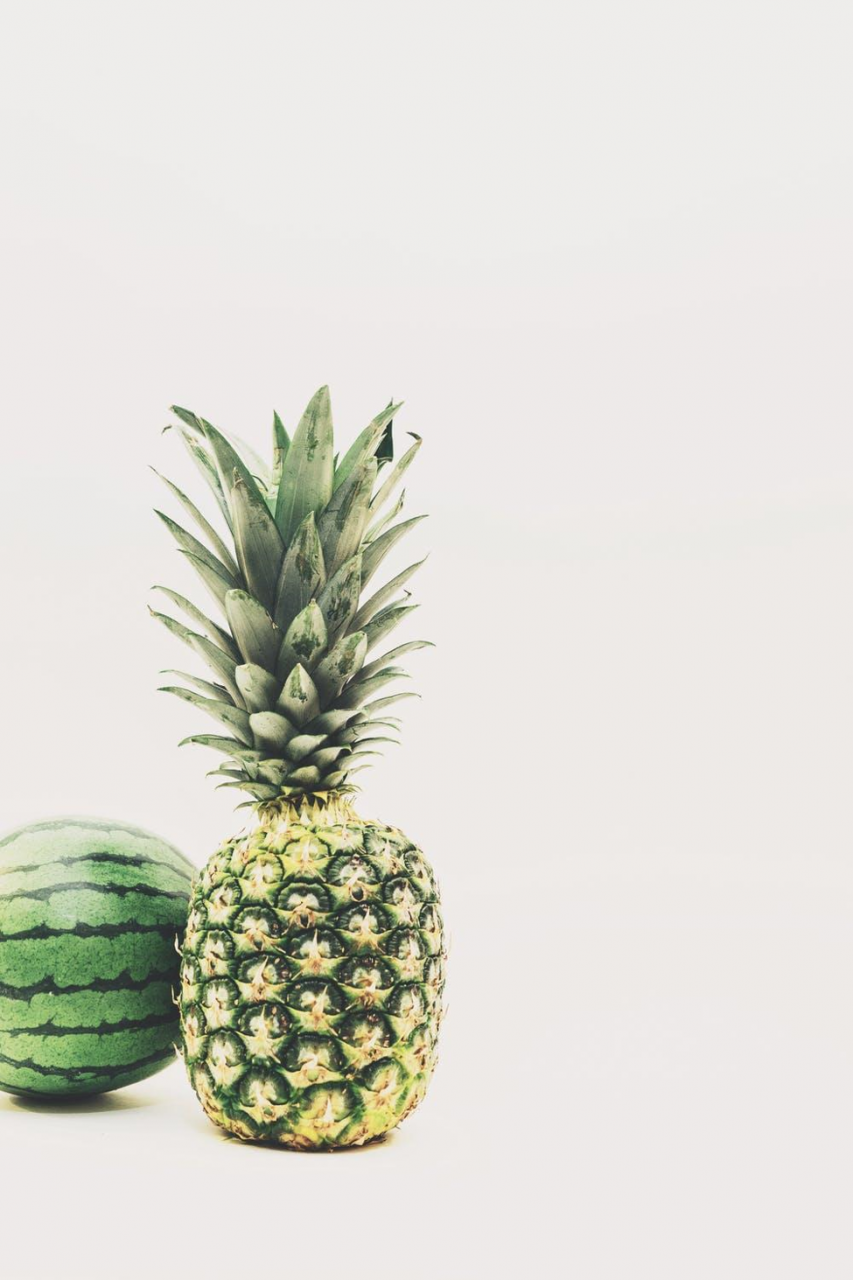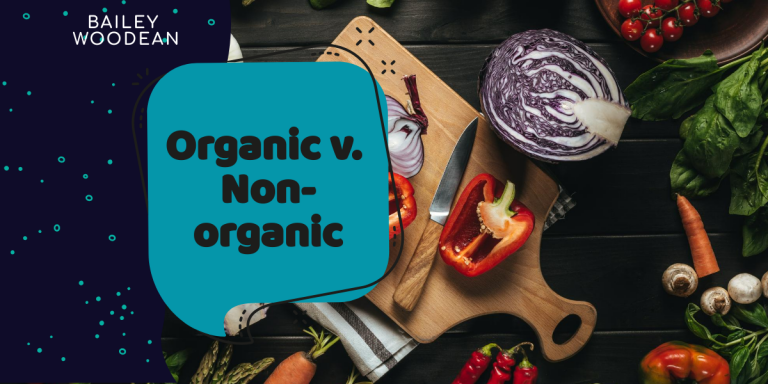
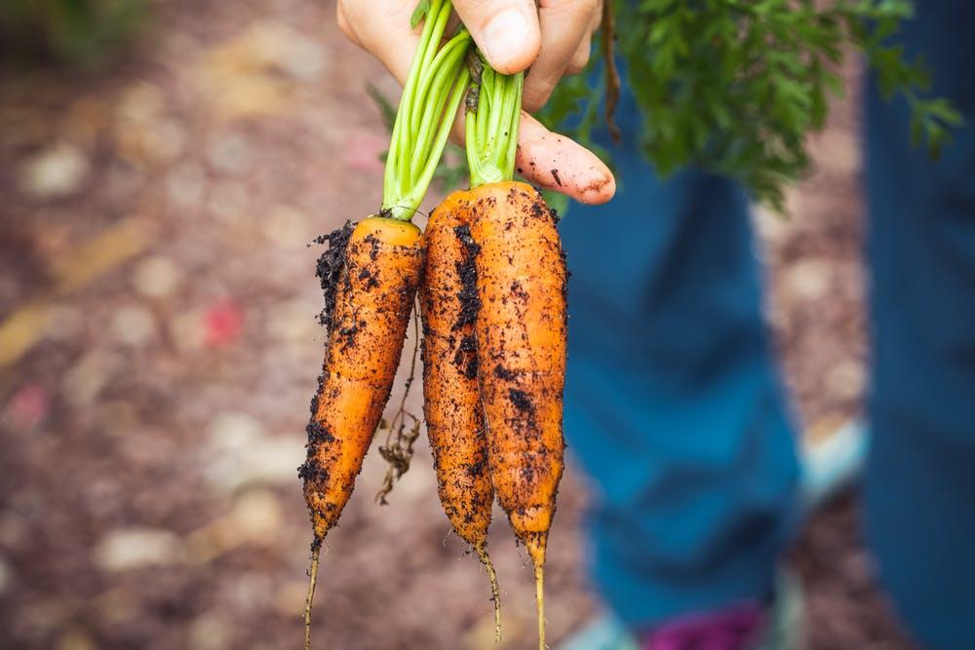
Have you ever gone to the grocery store and feel compelled to buy all organic produce and various other items but, maybe you’re not really sure why? Don’t worry, you’re not alone! We will explore what the organic labels mean and if they are really better than non-organic products.
What does “organic” mean?
With respect to food and food products, the term “organic” describes items that have been grown, stored, or harvested without the use of fertilizers, chemicals, pesticides or anything else considered artificial.
For example, if a farmer wants to promote his produce as “organic” then he will have to use natural fertilizer (manure, compost, soil, etc.) and avoid anything with chemicals, or plant steroids to manipulate the growth of the food or livestock.
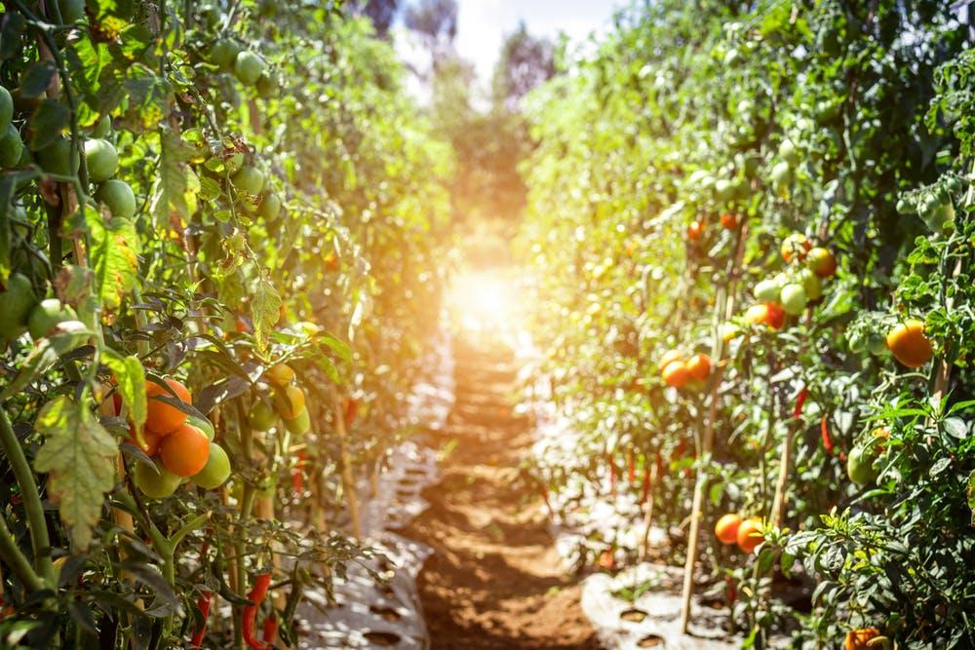
The farmer will also allow his livestock to eat chemical-free, natural foods such as grass, hay, apples, and seed. The idea is that nothing on the farm is manipulated by chemicals. However, being labeled “organic” does not change the nutritional values of any of the food.
What products can be organic?
These days everyone seems to be jumping on the “organically grown” bandwagon. In fact, the list of “organic” products grows every single day! Here is a list of the various products, foods, etc that you can find labeled “organic”!
- Whipped body butter
- Body lotions
- Body, hand, and face soaps
- Protein powder
- Nutrition shakes
- Vitamins, minerals, and other supplements
- Some medications
- Foods including beef, turkey, chicken, vegetables, fruits, lamb, fish, seeds, greens, smoothies, and soup broths!
- Face moisturizers
- Cleaning supplies
- Laundry detergent
- Fabric softener dryer sheets
- Tea
- Coffee
- Hot chocolate
- Rope (can be labeled organic hemp rope)
- Hair products
- Shampoo
- Conditioner
- Deodorant
- Candles
- Toothpaste
- Pillows
- Mattresses
- Furniture in general
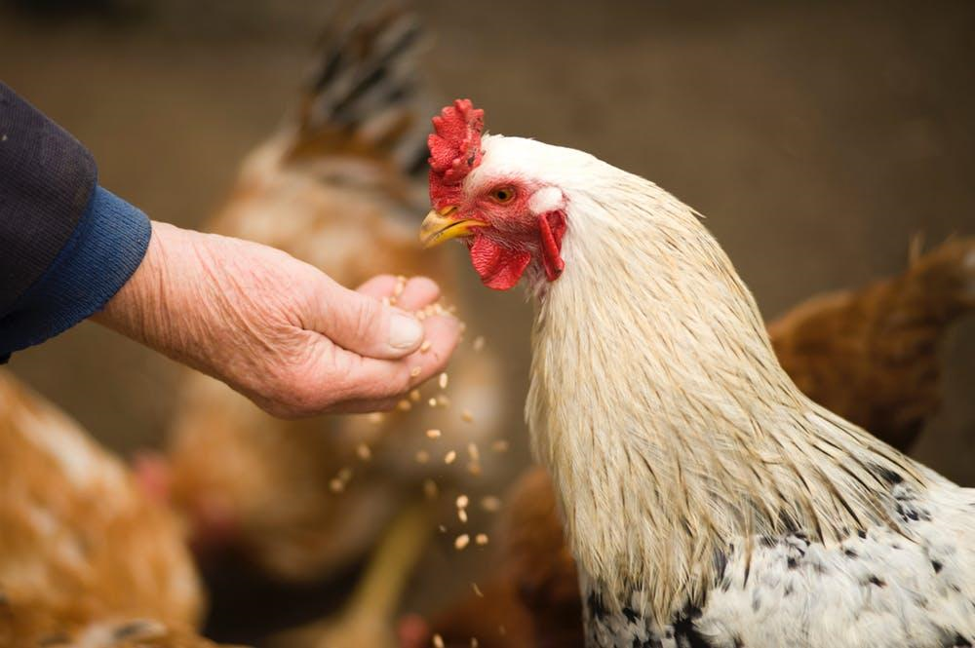
Are organic products better than non-organic products?
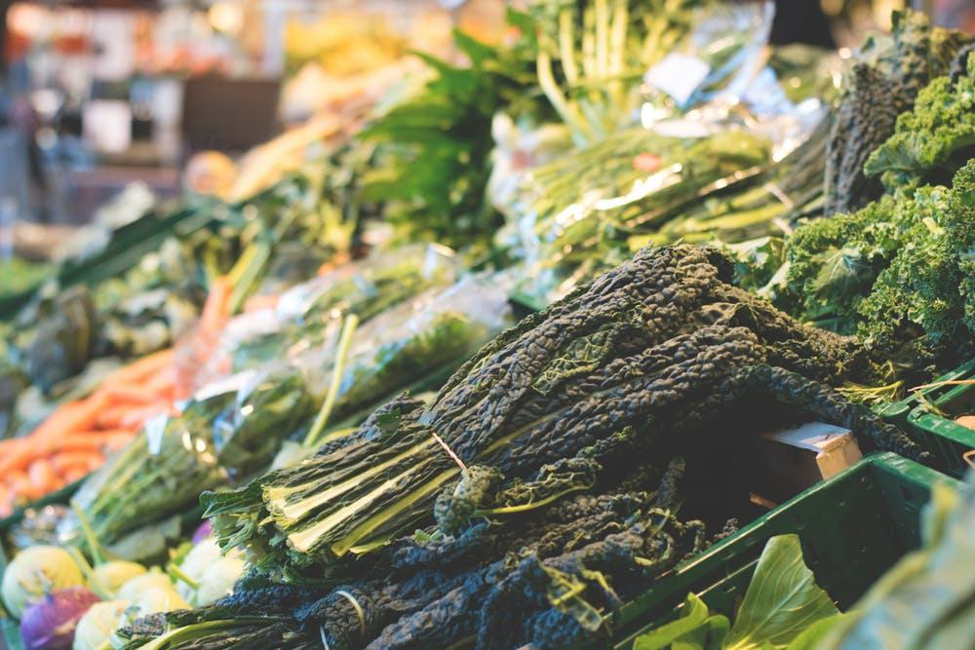
As previously mentioned, organic products are not nutritionally any different than non-organic products. They still need to be properly cleaned and cooked or prepared prior to consumption. However, organically grown produce is more likely to ripen and rot faster than non-organic produce because they don’t have the chemicals, etc on them. Therefore, it is wise to carefully keep an eye on any organic produce that you purchase and plan to use it within a week of bringing it home.
What are the best foods to buy non-organic?
The following are foods that are typically grown with fewer chemicals, pesticides and fertilizer help than others and therefore can safely be bought non-organic!
- Sweet potato
- Eggplant
- Sweet corn
- Onions
- Cabbage
- Grapefruit
- Avocado
- Mangos
- Asparagus
- Sweet peas
- Watermelon
- Cantelope
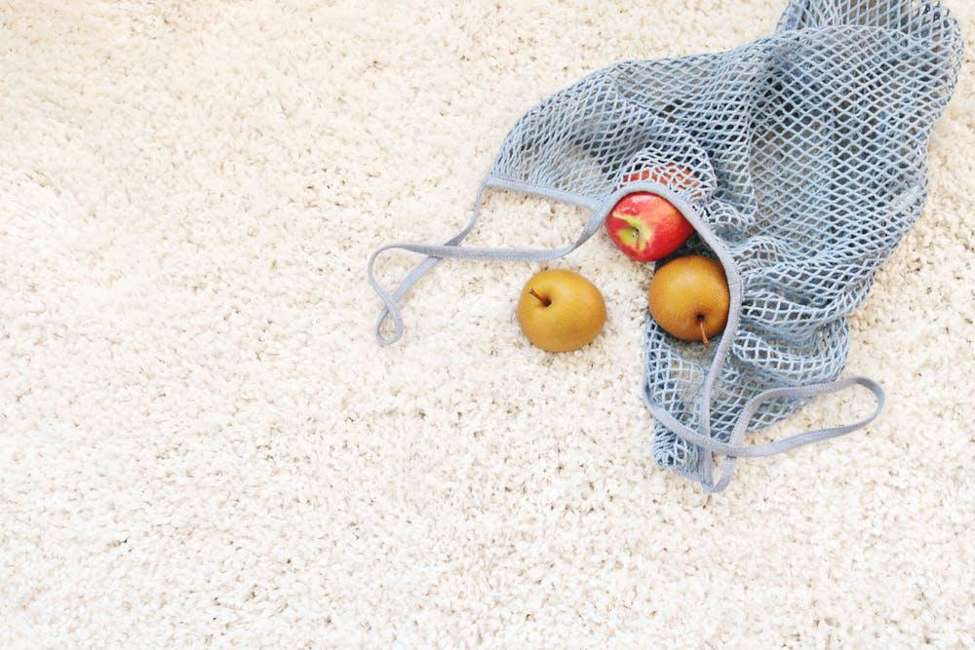
What are the best foods to buy organic?
These foods likely require more pesticide, chemical, and fertilizer help and should probably be bought organic if you’re concerned with chemical intake.
- Cherries
- Peaches
- Apples
- Celery
- Strawberries
- Blueberries
- Imported grapes
- Spinach
- Kale
- Nectarines
- Potatoes
- Bell peppers
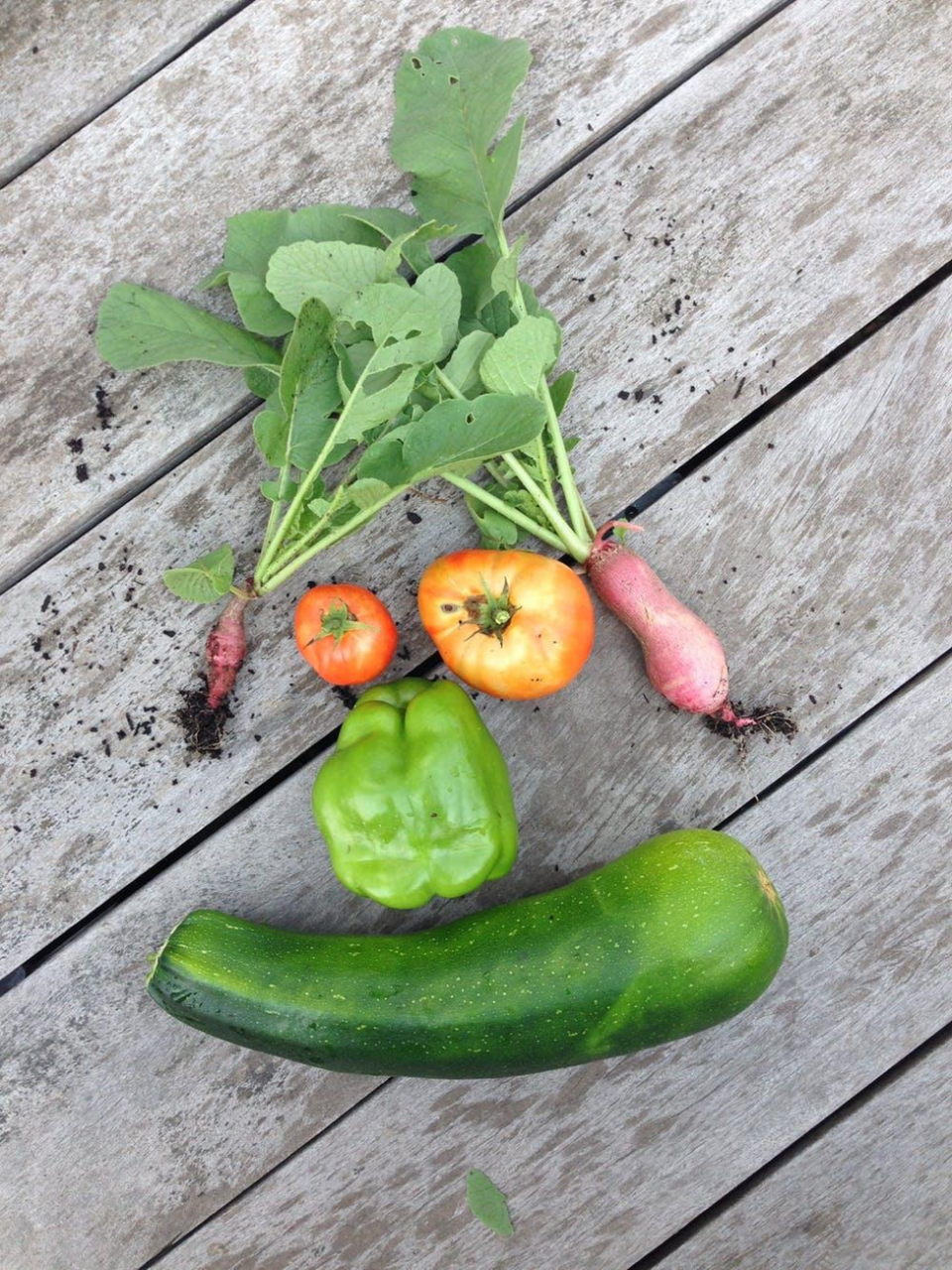
Organic labels
The following information describes the varying degrees of “organic labels” and what to look for and what it means.
“100 percent organic. This description is used on certified organic fruits, vegetables, eggs, meat or other single-ingredient foods. It may also be used on multi-ingredient foods if all of the ingredients are certified organic, excluding salt and water. These may have a USDA seal.
Organic. If a multi-ingredient food is labeled organic, at least 95 percent of the ingredients are certified organic, excluding salt and water. The nonorganic items must be from a USDA list of approved additional ingredients. These also may have a USDA seal.
Made with organic. If a multi-ingredient product has at least 70 percent certified organic ingredients, it may have a “made with organic” ingredients label. For example, a breakfast cereal might be labeled “made with organic oats.” The ingredient list must identify what ingredients are organic. These products may not carry a USDA seal.
Organic ingredients. If less than 70 percent of a multi-ingredient product is certified organic, it may not be labeled as organic or carry a USDA seal. The ingredient list can indicate which ingredients are organic.” The entire article can be found at https://www.mayoclinic.org/healthy-lifestyle/nutrition-and-healthy-eating/in-depth/organic-food/art-20043880.
